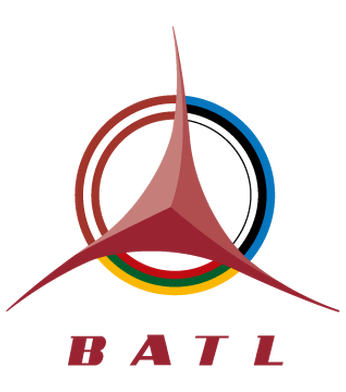VILNIUS – As the Lithuanian government last week ordered Lietuvos Gelezinkeliai (Lithuanian Railways, LG), the country’s state-owned railway company, to terminate its contract with Belarusian fertilizer production giant Belaruskali, which is on the US sanction list, as of February, Latvian state institutions and private carriers say the transit of Belarusian fertilizers via Latvia would not be possible as well.
Private Latvian railway companies have told BNS there’s currently no ongoing transit of Belarusian fertilizers via the country and there are no conditions for that to happen in the future. They say Latvia, just like Lithuania, is in compliance with the international sanctions and does not want to violate them.
Ivars Sormulis, a member of the Supervision Council at Latvia’s LGC Cargo and board chairman of Baltijas Tranzitas Serviss, says he has not heard of any attempts to carry Belaruskali potash cargo via Latvia.
“I haven’t heard yet of anyone carrying Belaruskali fertilizers via Latvia. I would know, if that was the case,” Sormulis told BNS.
In his words, Belarusian fertilizers suppliers have not approached his company.
Asked whether Belaruskali fertilizers could be carried via Russia’s northern ports, he said such a possibility exists but exporting to China is a more likely option.
“Yes, they can (to transport fertilizers via Russia – BNS), but they don’t even need to do that as they can just divert those fertilizer flows to China. Yes, that’s far but the market price for potash fertilizers is now high, so such a route is fairly likely,” Sormulis said.
Maris Bremze, board chairman of Baltijas Expresis, the second-largest Latvian railway company in terms of volumes, carrying freight to the port of Ventspils, refused to disclose to BNS whether the company had received specific proposals to transport Belaruskali fertilizers.
Bremze confirmed it to BNS in December that the company discussed technical possibilities to transport Belaruskali fertilizers.
He says Ventspils earlier handled Belaruskali fertilizers and could do that now but the volumes would be below the 11 million tons Belaruskali now moves in transit via Lithuania to the Lithuanian port of Klaipeda.
Lithuanian Foreign Minister Gabrielius Landsbergis said in mid-December he had information about intensions of companies in neighboring countries to take over the transit of Belarusian fertilizers but under the Latvian government’s decision, such transit would not take place at least until January 15.
The afn.by news website then reported that Latvia had temporarily banned railway transportation of freight from sanctioned Belarusian companies Belarusian Oil Trading House, Belneftechim, Belshina, Grodno Azot, Lakokraska, Naftan, Polostk-Steklovolokno and Belaruskali.
The ban was in place from December 20, 2021 until January 15, 2022.
When approached by BNS, Latvia’s Foreign Affairs and Transport Ministries did not specifically say whether the ban for private and state freight carrier would be extended.


